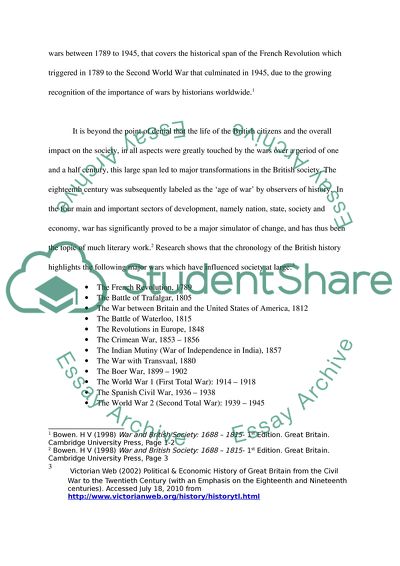Cite this document
(“Total War and Society between 1789 and 1945 Dissertation”, n.d.)
Total War and Society between 1789 and 1945 Dissertation. Retrieved from https://studentshare.org/history/1739913-what-is-total-war-and-to-what-extent-did-it-change-war-and-society-between-1789-and-1945
Total War and Society between 1789 and 1945 Dissertation. Retrieved from https://studentshare.org/history/1739913-what-is-total-war-and-to-what-extent-did-it-change-war-and-society-between-1789-and-1945
(Total War and Society Between 1789 and 1945 Dissertation)
Total War and Society Between 1789 and 1945 Dissertation. https://studentshare.org/history/1739913-what-is-total-war-and-to-what-extent-did-it-change-war-and-society-between-1789-and-1945.
Total War and Society Between 1789 and 1945 Dissertation. https://studentshare.org/history/1739913-what-is-total-war-and-to-what-extent-did-it-change-war-and-society-between-1789-and-1945.
“Total War and Society Between 1789 and 1945 Dissertation”, n.d. https://studentshare.org/history/1739913-what-is-total-war-and-to-what-extent-did-it-change-war-and-society-between-1789-and-1945.


